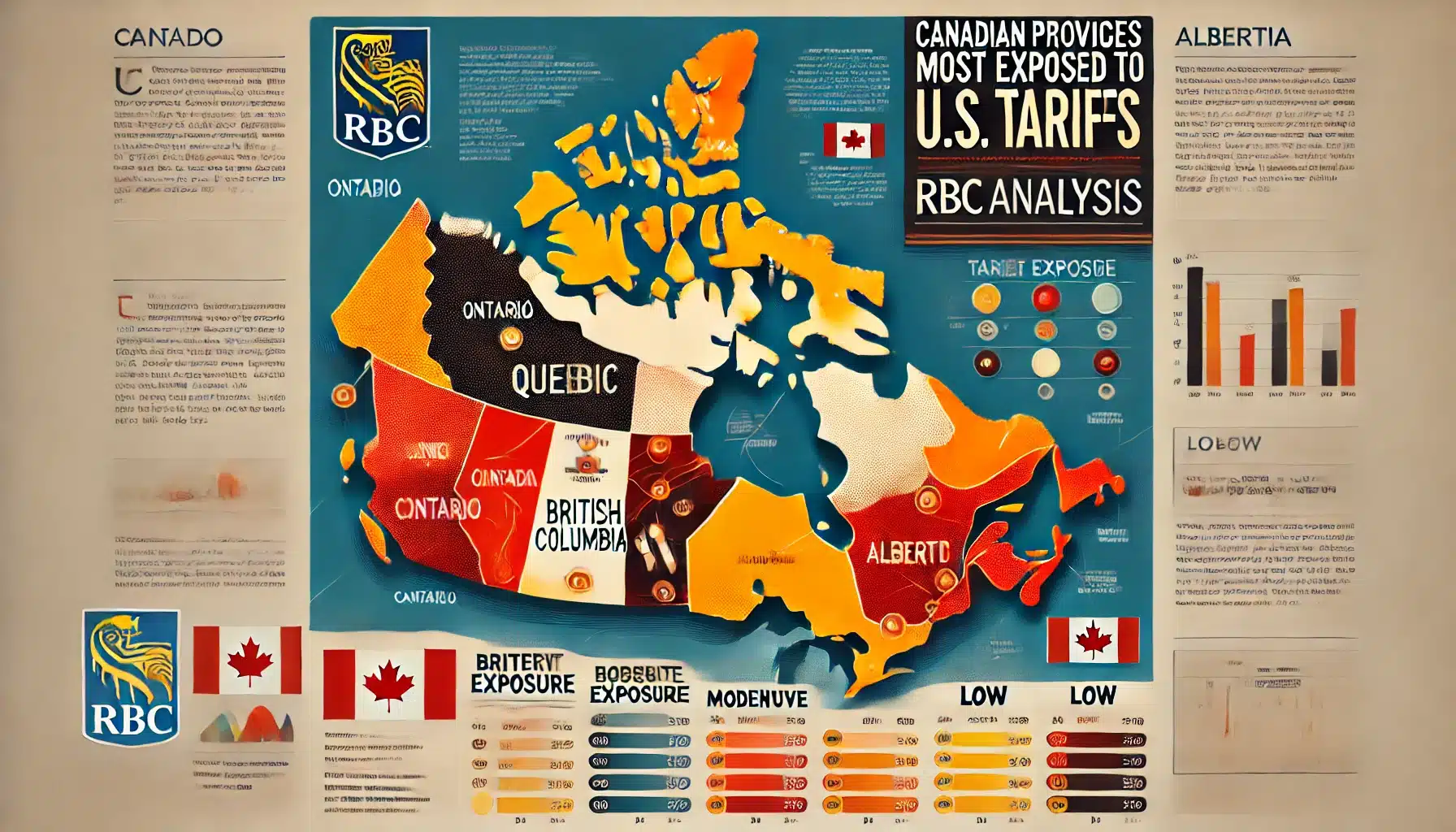
The deal is done and now Canadian telco Rogers Communications (Rogers Communications Stock Quote, Charts, News, Analysts, Financials TSX:RCI.B) can move ahead with the merging of its business with Shaw Communications (Shaw Communications Stock Quote, Charts, News, Analysts, Financials TSX:SJR.B) after the completion of its $26 billion acquisition.
What does it mean for investors interested in the telecom space? Portfolio manager Bryden Teich says BCE is still the better bet, although he is more cautious on the whole Canadian telco space in the current high interest rate environment.
“I think the challenge that Rogers has had over the last couple of years is they were slower to recognize the importance of [fibre internet] where Bell and TELUS now have such a dominant position,” said Teich, partner at Avenue Investment Management, speaking on BNN Bloomberg on Monday.
“Rogers is in a position where it’s been much more starved for growth,” he said.
Rogers shares fell almost two per cent in trading on Monday where Shaw was flat and BCE was up half a per cent.
Canadian Industry Minister Francoi-Philippe Champagne approved on Friday the transfer of Shaw’s Freedom Mobile wireless licences to Quebecor’s Videotron while at the same time putting forth a number of conditions for both Rogers and Videotron to meet in order to maintain healthy competition in the shallow pool of Canadian companies providing wireless and broadband services.
“This is a momentous day for our customers, who will benefit from the latest services and network technology, and for our teams, who have worked so hard to get us here,” said Rogers President and CEO Tony Staffieri in a press release.
For Teich, even though telecom stocks come with high dividends (BCE’s yield is above six per cent, while Rogers’ yield is just above three per cent), the lure of the sector has waned, as interest rate increases make capital raises more costly.
“We might go through a cycle where inflation comes down and our concern is that after that it will go back up. But whether it’s telcos or utilities they are highly capital intensive and their capital costs are rising with inflation. And the problem is if that requires debt or outside financing to grow … your costs are inflating much faster than you can raise prices,” Teich said.
“I would look at the telco space in general and just say, I don’t think it has great pricing power in an inflationary environment and because they can’t raise prices as well as some other industries [can] I don’t view the whole space as that attractive relative to other things in the market,” he said.




 Share
Share Tweet
Tweet Share
Share



Comment